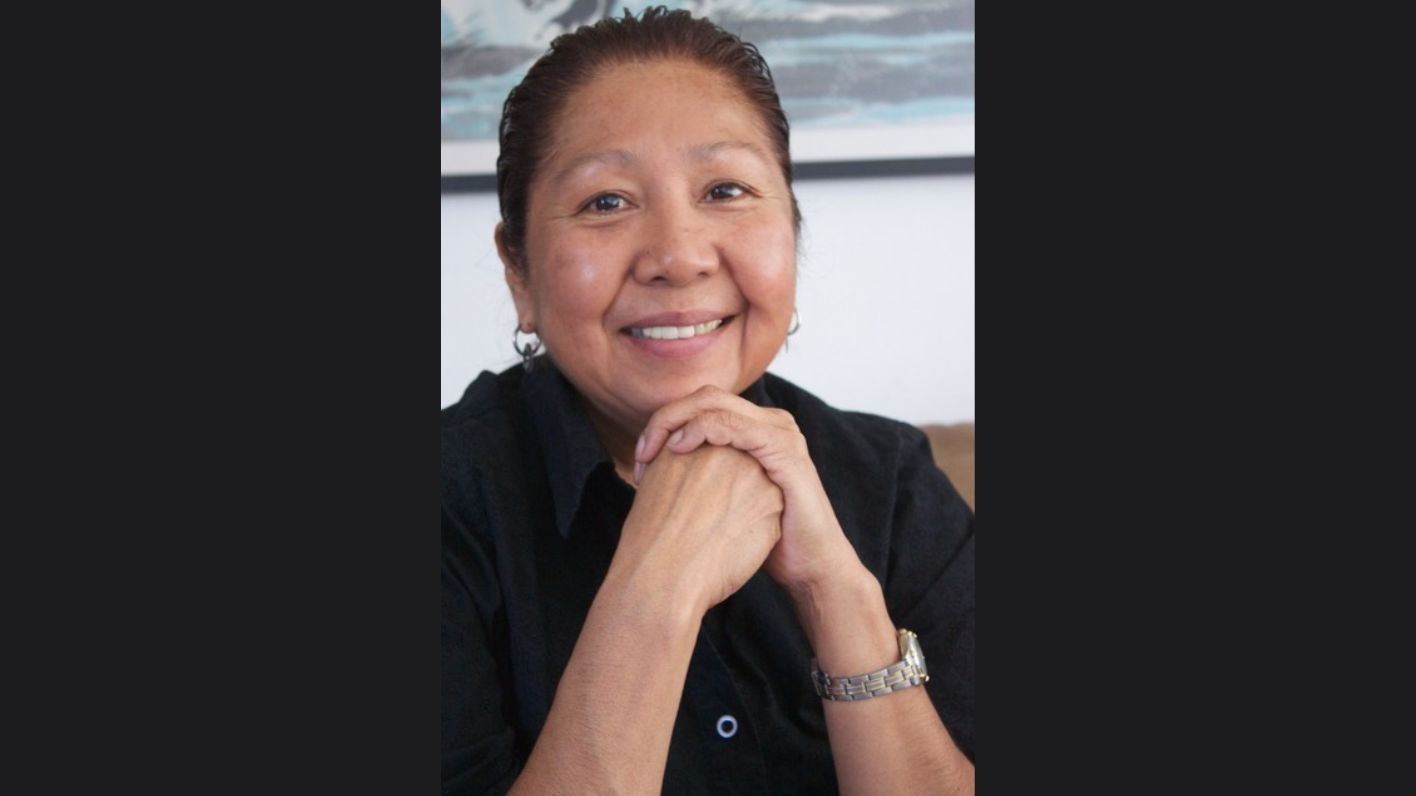
Resisting Colonial Constructions of Indigeneity and Land
Join Dr. Debra Harry, Associate Professor in Indigenous Studies for the Department of Gender, Race and Identity at the University of Nevada, Reno, as she explores the inherent relationships between Indigenous Peoples and their lands, and how these relationships have transcended colonial efforts to erase these connections and the peoples themselves.
Dr. Debra Harry is Numu/Kooyooe Tukadu from Pyramid Lake, Nevada. Dr. Harry serves as an Associate Professor in Indigenous Studies for the Department of Gender, Race, and Identity at the University of Nevada, Reno. Dr. Debra Harry’s research analyzes the linkages between biotechnology, intellectual property and globalization in relation to Indigenous Peoples’ rights. Dr. Harry has authored numerous articles related to the protection of Indigenous Peoples’ biodiversity and traditional knowledge including “Biocolonialism and Indigenous Knowledge in United Nations Discourse,” (2011) 20 Griffith Law Review, “Indigenous Peoples and Gene Disputes” 84 Chicago-Kent Law Review (2009). She also contributed a chapter titled, “Acts of Self-Determination and Self-Defense: Indigenous Peoples Responses to Biocolonialism,” as a contribution to a book entitled “Rights and Liberties in the Biotech Age,” (edited by Sheldon Krimsky and Peter Shorett) 2005. In 1994, Dr. Harry received a three-year national Kellogg Foundation National Leadership Fellowship and studied the field of human genetic research and its implications for Indigenous peoples. Dr. Harry earned her Doctor of Philosophy in the Faculty of Education at the University of Auckland under the supervision of renowned Maori scholar, Dr. Linda Tuhiwai Smith.